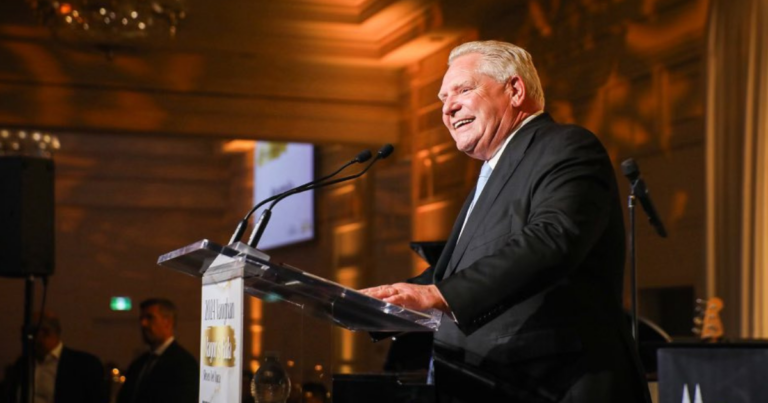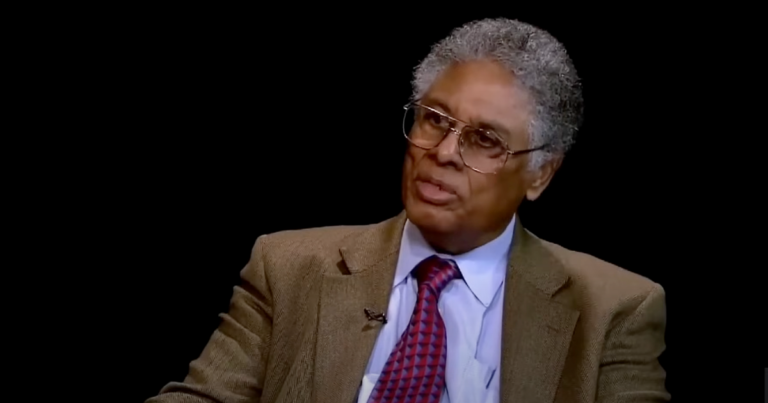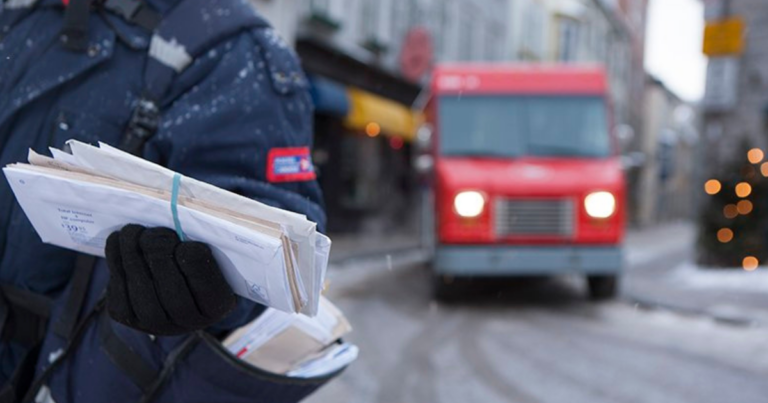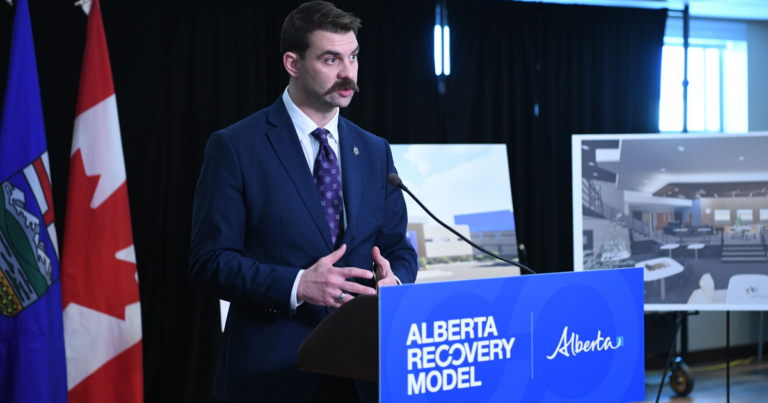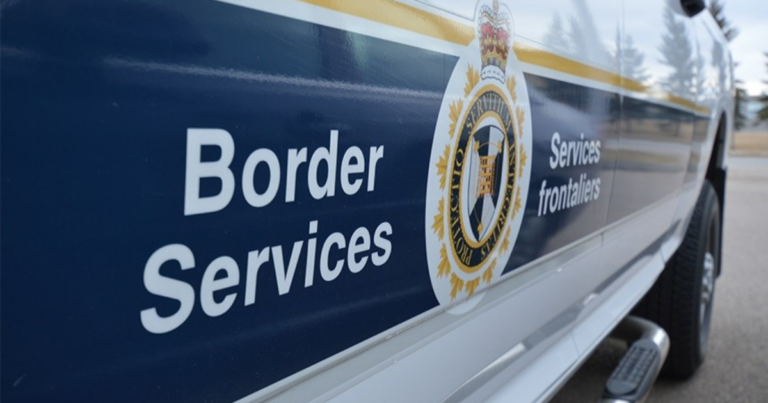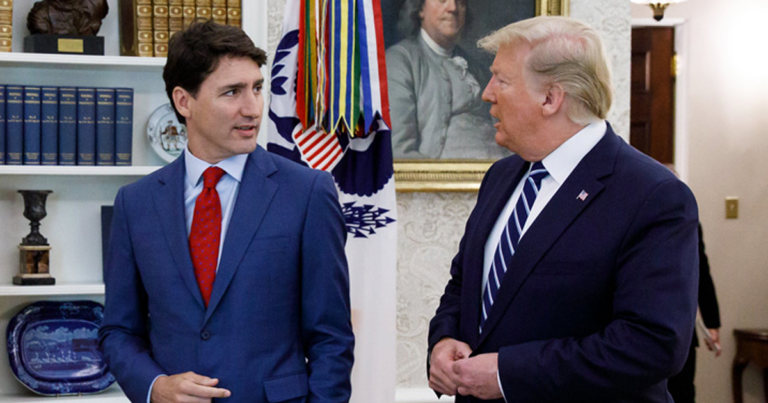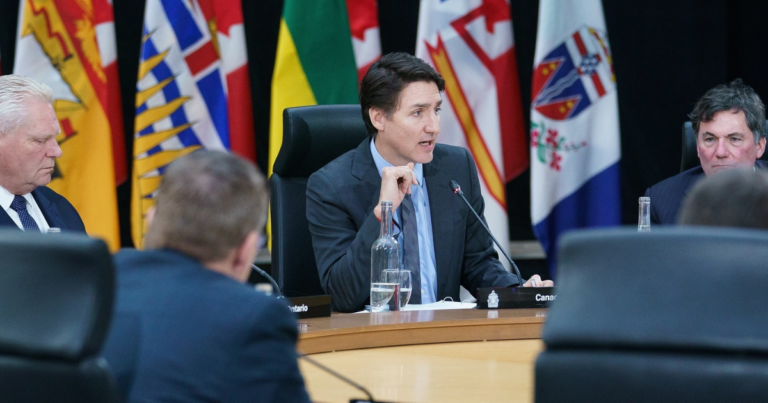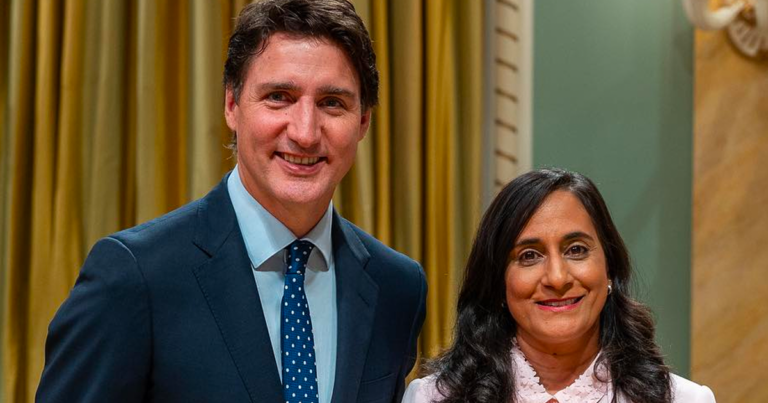I have come to the sad conclusion that we have absolutely no leadership in Canada’s largest province.
We are run by a power-driven, self-serving man who has become a lapdog to his pollsters and the province’s largest voting blocs, not one who makes the hard decisions and does what’s right.
Instead of dealing head-on with the tariff threats by President Donald Trump, our Progressive Conservative Premier Doug Ford has decided to call a snap election this week to — get this — allegedly get a strong mandate to fight the tariffs.
Hey, how about dealing with the illegals and drugs that cross our Ontario borders?
This election, which reportedly could cost (waste) up to $145-million, will take place at the end of February, more than a year earlier than required.
This is in addition to the fuzzy-wuzzy Ontario ads seen in prime time every single night south of the border — sometimes three or four times a night.
I can only imagine how much Ford has wasted on them.
His threats to remove U.S. liquor from LCBO shelves if tariffs are imposed are just plain silly and his appearance on CNN threatening Trump only makes matters worse.
My prediction is that Ford will get another mandate but only because the other two party leaders — Marit Stiles and Bonnie Crombie — have little to offer in distinct policies.
The two are train wrecks and Ford knows that.
But based on my own experience running for the Ontario Tories in 2009, the turnout to the polls at the end of February will be embarrassingly small and the reception at the doors extremely lacklustre.
Still, Ford has no business calling an election and taking his eye off the ball during these tough times for Ontarians, especially since Trump has declared Feb. 1 the day he will impose tariffs on Canada.
Whether he will or not, I know Americans are already mocking us for the amateurish manner our Prime Minister Justin Trudeau is handling or should I say, mishandling, the threats from south of the border.
The dilettante’s Team Canada approach seems to have disintegrated into attempts to get his good pal Mark Carney anointed as the new leader.
It reminds me of presidential hopeful Kamala Harris’s lacklustre, even negligent, handling of the hurricane that hit North Carolina during the presidential campaign.
But back to Ford, our allegedly Conservative premier.
I can’t stress enough how disappointed I’ve been with his lacklustre leadership which has pandered far too much to the “progressives” and has focussed on shiny little objects like beer policies and $200 cheques — again to stay in power.
He has dropped the ball entirely on the education file, allowing school boards and the radical left trustees who dominate them to continue with their DEI and CRT ideology, all to the detriment of the school kids he is supposed to serve.
He never cleaned out the DEI and equity advocates left over from the Kathleen Wynne years, who dominate the ministry.
I guess he didn’t have the courage to take on that fight.
(Perhaps Ford should take a lesson from Trump).
His latest education minister, Jill Dunlop, appears to be all talk.
She makes tough pronouncements but when push comes to shove, she, too, continues to give credence to the DEI specialists and race baiters.
Proof of this is the appointment of DEI advocate Patrick Case to study the September field trip at the TDSB which turned into an anti-Israel, anti-Jew hate fest.
That appointment, by the way, occurred in mid-October.
Mark my words, the report will be buried under the rug just as the education ministry did with the so-called review of the (principal) Richard Bilkzsto tragedy.
While Ford has called the Jewish community his “friends” and occasionally has turned up to pro-Israel events, he has done nothing, absolutely nothing, to stem the hatred and violence Jews have encountered on the streets of Toronto and targeted at Jewish institutions.
His Jewish solicitor general Michael Kerzner, who is supposed to oversee Ontario police forces, has made little effort, at least loudly and publicly, to read the Toronto police chief Myron Demkiw the Riot Act.
Demkiw, and by extension Kerzner, have not used the powers available to police to stop the violent and threatening acts by the Hamas sympathizers towards the Jewish community. Instead both have emboldened the Hamasniks with their hands off attitudes and allowed matters to escalate.
I guess Ford has counted the numbers and knows that pro-Palestinian voters, whether legal or illegal, vastly outnumber those in the Jewish community.
(See notes above about pandering to anyone who will put him back in power).
There are so many other ways Ford has proven himself not to be Conservative but these two stick out in my mind.
Lucky for me, I will not be in Ontario on the date of the snap election.
I’m so angry at the waste of time and resources, I’d boycott it anyway.
